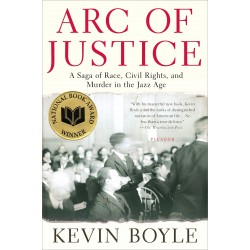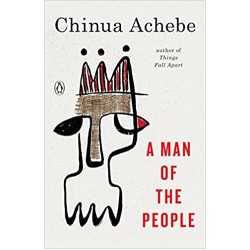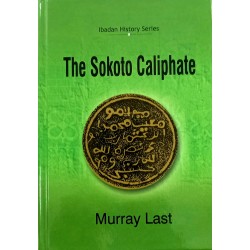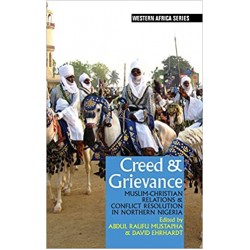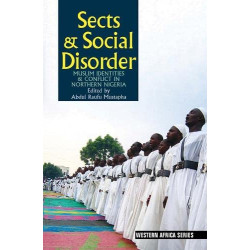The Sokoto Caliphate by Murray Last - Paperback
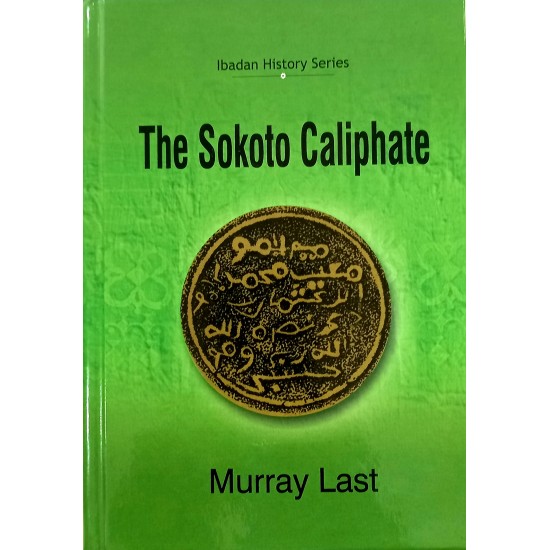
- Stock: Out Of Stock
- Model: Historical Non fiction
- Weight: 1.00kg
- ISBN: 9780999558485
This book, is based largely on nineteenth century Arabic document from sokoto, gives an account in outline of the origins of the Sokoto caliphate, and it history up to the coming of the British in 1903. The emphasis is on the maintenance of Dar-al-islam within the Sokoto interland.
The book begins by describing the distinction which existed in north-western hausa land between peasant and pastoralist, between the hausa, fulani and tuareg, and between established rulers and scholars. The early life of the scholar Uthman b. Fodio is then described, and the way his community developed. When fight broke put between the community and the state of Gobir, the demands of war changed the community from a scholastic group enjoying popular sympathy to one demanding largely on the military strength of fulani clans. After the war and administration based on Islamic principles was developed. Since the dominant position of some of this clans alienated other people in the community, the policy of the caliph Muhammad Bello and his successors was to use the relative power of the clan leaders by giving territorial commands to scholars loyal only to the caliph. This tended to preserve the Islamic nature of the caliphate, and thus strengthened the authority of the caliph over the outlying emirates
As an illustration of the government of Sokoto, a history and description of the vizierate is given. The viziers were instrumental in maintaining the caliphal position both within Sokoto and the within the wider of the Sokoto hegemony. As administrators and diplomats, the supported the caliph and enforced his decisions, while as scholars of great learning the helped to perpetrate the Islamic ideas on which the caliphate was founded.





-150x150.png)
-150x150h.png)

%20manufactue4d[j-70x70.jpg)
